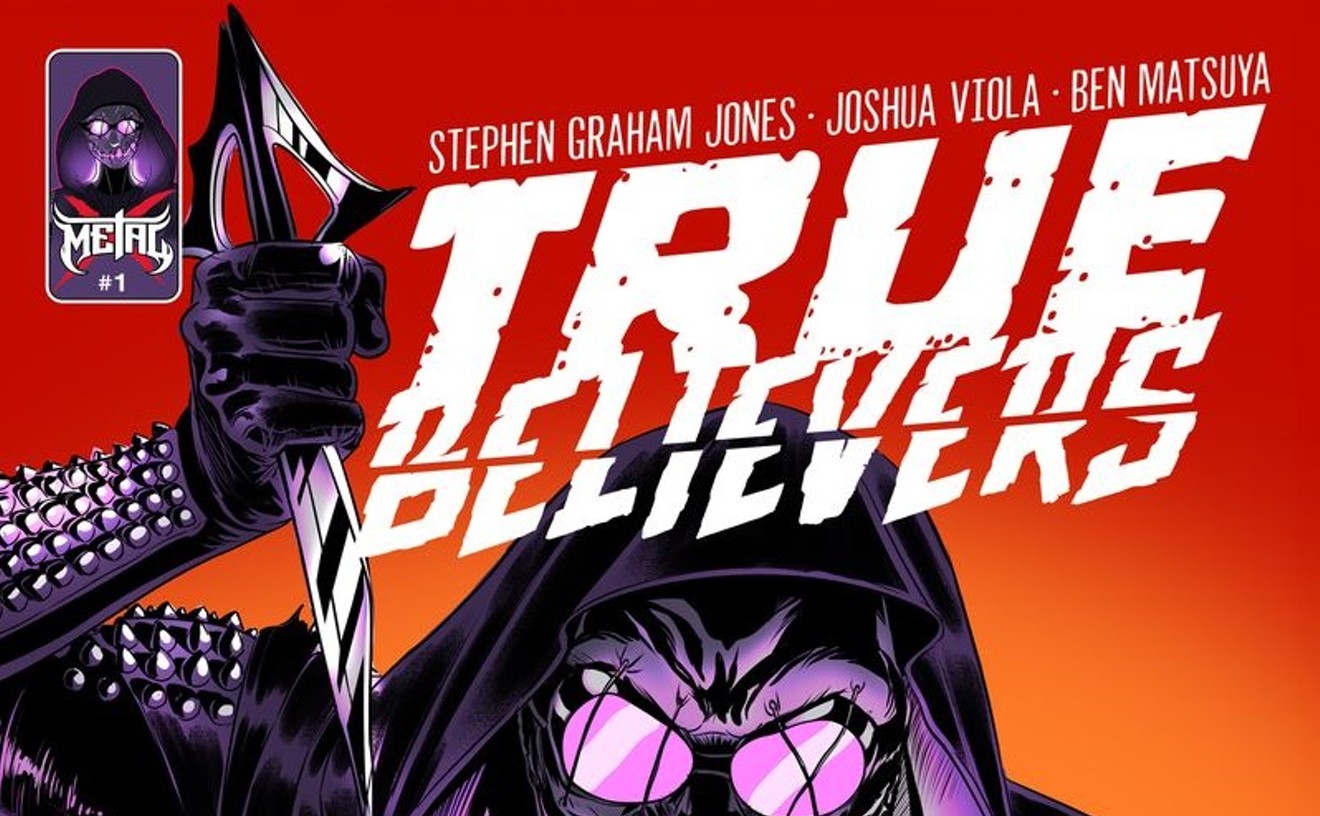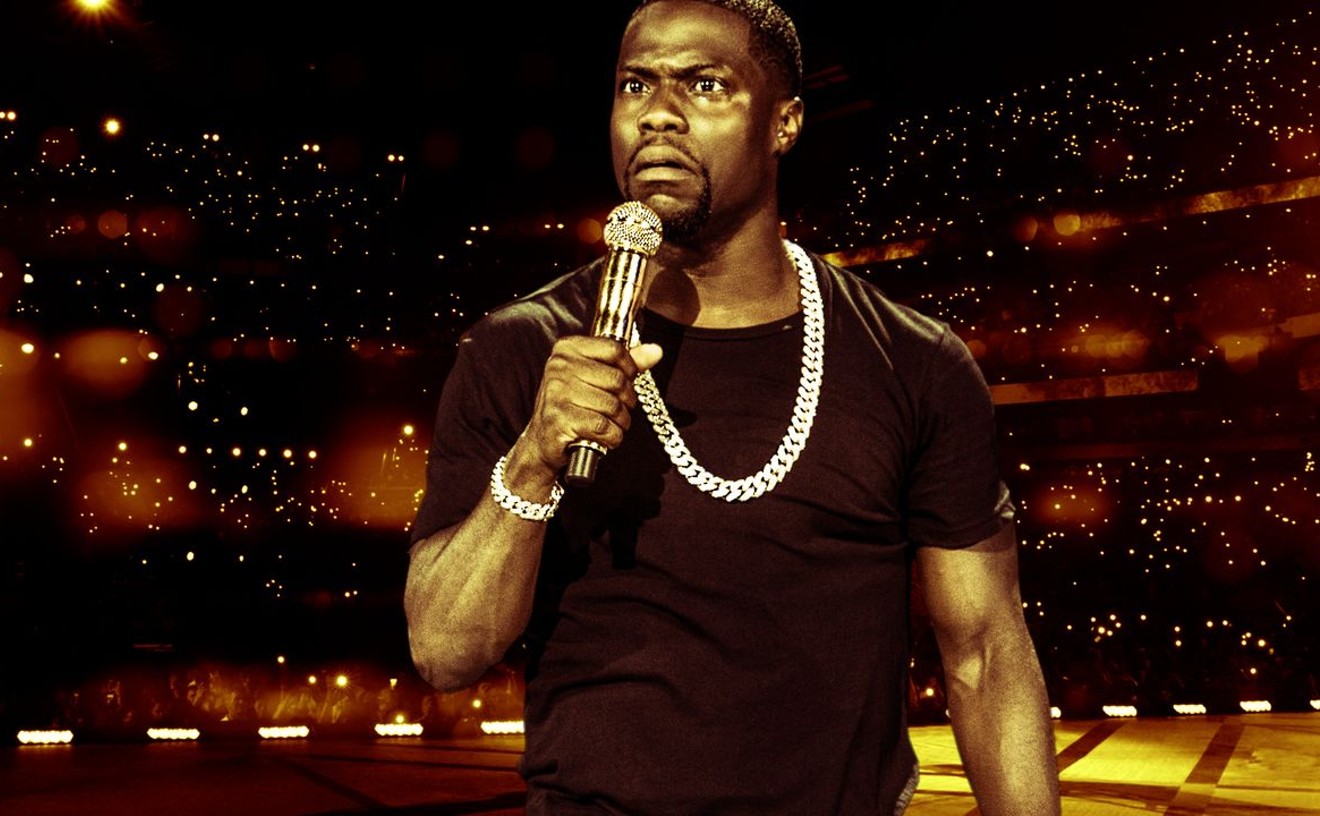In a culture not much concerned with history, the Cold War that shaped American politics and thinking for so many decades has almost faded from memory, replaced by the misnamed War on Terror. But playwright Rogelio Martinez was born in Cuba, where Russian astronaut Yuri Gagarin was a national hero, and as a child, he moved to the United States in time to share the excitement of the space race here, the launch of the space shuttle Columbia and the horror of the Challenger explosion. From his vantage point, the dissolution of the Soviet empire, the attempts at cooperation in space, must have seemed as poignant as they were surprising. And he has also witnessed the fading of hope for democracy in Russia and the returning tension between the two old adversaries.
These are the issues he explores with only partial success in When Tang Met Laika. The play begins as Patrick, an American astronaut, is becoming acquainted with his counterparts on the Russian space station Mir and — despite the fact that he's married and a father — starting to fall in love with Russian astronaut Elena. Their love story is the thread that holds this episodic piece together, but it lacks urgency, warmth and specificity, even though the dialogue that explores the differences in their cultures is amusing and sometimes insightful. Having experienced the vastness, freedom and beauty of space, most astronauts apparently find adjusting to everyday life on Earth difficult. Elena understands the psychic pull of exploration and the unknown; Patrick's wife, Samantha, whose primary solution to family problems is prayer (her own way of evoking the unknown), finds herself unable to connect with her increasingly withdrawn husband.
When Tang Met Laika encompasses historical events, sets past against present, and attempts to synthesize the zeitgeist of the Cold War with contemporary reality. News items are read or dramatized. A ghostly Gagarin haunts the stage, carrying Laika, the dog the Russians sent to her death in Sputnik 2 in 1957. Elena meets periodically in Russia with her elderly father, who had also been an astronaut until authorities discovered his homosexual proclivities and booted him from the program. Two comic characters representing Young Communist (Retired) and Young Capitalist (Retired) pop up again and again to mouth platitudes, compete, tease each other and play games. (To be honest, I couldn't figure out who these guys were or what they were doing until I reread the program and found their titles.)
Martinez has a lot of interesting thoughts about a complex period, but interesting thoughts only work on a stage if you dramatize them, and characters only matter to your viewer if they feel real. Everything Patrick and Elena say about the experience of being in space — weightlessness, fear, awe, the impossibility of ever being quite the same afterward — is something you could read in a history book or newspaper article. In life, people have quirky and idiosyncratic responses even to huge events; they notice odd little things, and these observations are what make narrative believable and compelling.
Besides, it really does take a poet to evoke the ineffable, and there's no poetry in the language here. It doesn't help that, although all the acting is strong, it isn't inspired. Ian Merrill Peakes makes an effective Patrick; Jessica Love projects a lovely, calm centeredness as Elena but is not very expressive. You don't get the sense of real feeling or a long-term relationship even in the scenes with her father, played by Randy Moore. Megan Byrne is expressive enough as Samantha, but the script makes the character unpleasantly one-dimensional.
What beauty there is here is provided by the tech: James Kronzer's ingenious set design, with its hypnotic moving platforms; Charles R. MacLeod's muted, evocative lighting; and Jason Ducat's sound. Also, the lozenge-shaped panels that surround us, and on which we view images of sky, trees and space exploration, provided by Charles I. Miller. If he could give them this much eloquence and structure, Martinez's musings on Russia, the United States and the wonders of a space program that made both countries understand this fragile blue marble on which we live in a deep and different way might be well worth encountering.











